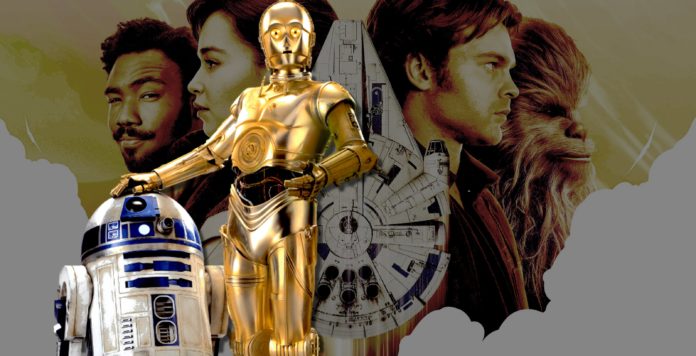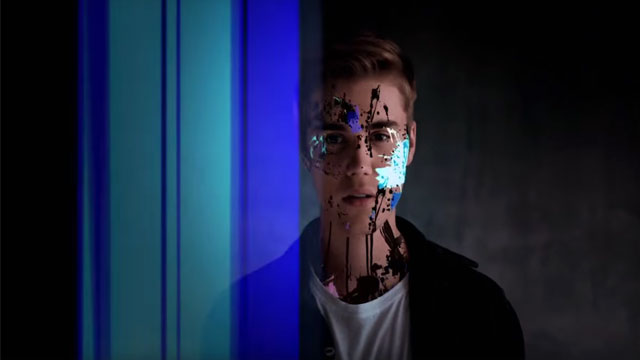The ending of Solo: A Star Wars Story seems to retcon a previous movie, but actually it brought in an important aspect of the franchise’s TV series―which offers an interesting comparison to their sister property, the Marvel Cinematic Universe. (Warning: spoilers to follow!)
It turns out that the leader of the Crimson Dawn crime syndicate was none other than Darth Maul, with Ray Park and voice actor Sam Witwer reprising the role. This would come as a surprise to those who only watch the movies, as the character seemingly died back in The Phantom Menance, after being bisected by Obi-Wan Kenobi and left to fall down a pit. However, more obsessive fans will know that his survival was revealed back in Star Wars: The Clone Wars, and that he has since appeared in its sequel, Star Wars: Rebels, and some canonical novels as well.
All this helps to make the various Star Wars media feel connected. Indeed, Maul received far more characterization and growth in the TV series than he did in his premiere film, so fans of the character are likely excited to see his return to the big screen, especially if he shows up again in Solo sequels, the upcoming Boba Fett film or elsewhere.
In contrast, the MCU has been criticized for keeping its TV and movie entries separate. While some aspects of the films leak into the shows―things like the Battle of New York have been mentioned, characters like Sif appear in Agents of S.H.I.E.L.D.―the studio has rejected any attempts to bring characters like Daredevil into the movies, and the aforementioned series also surprised people by completely ignoring the massive cliffhanger of Avengers: Infinity War. (This could wind up justified by time travel or something.)
To be fair, part of this has to do with structure―since 2015, the movies and TV shows are run by different subsidiaries of Disney, while the Lucasfilm Story Group monitors and controls all aspects of Star Wars canon. And in a way, Lucasfilm is taking a risk: many moviegoers will have been unaware of Maul’s survival. Marvel may have that problem even worse, since most of its “television” entries are actually on Netflix, which not everybody has. Still, it shows that one franchise has more of a “shared universe” than the other.
Source: https://screenrant.com/star-wars-movies-tv-shows-connections/







